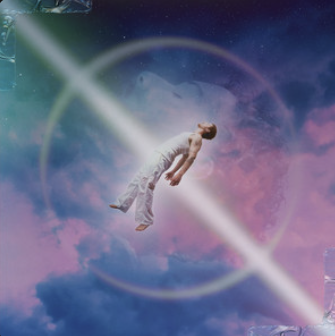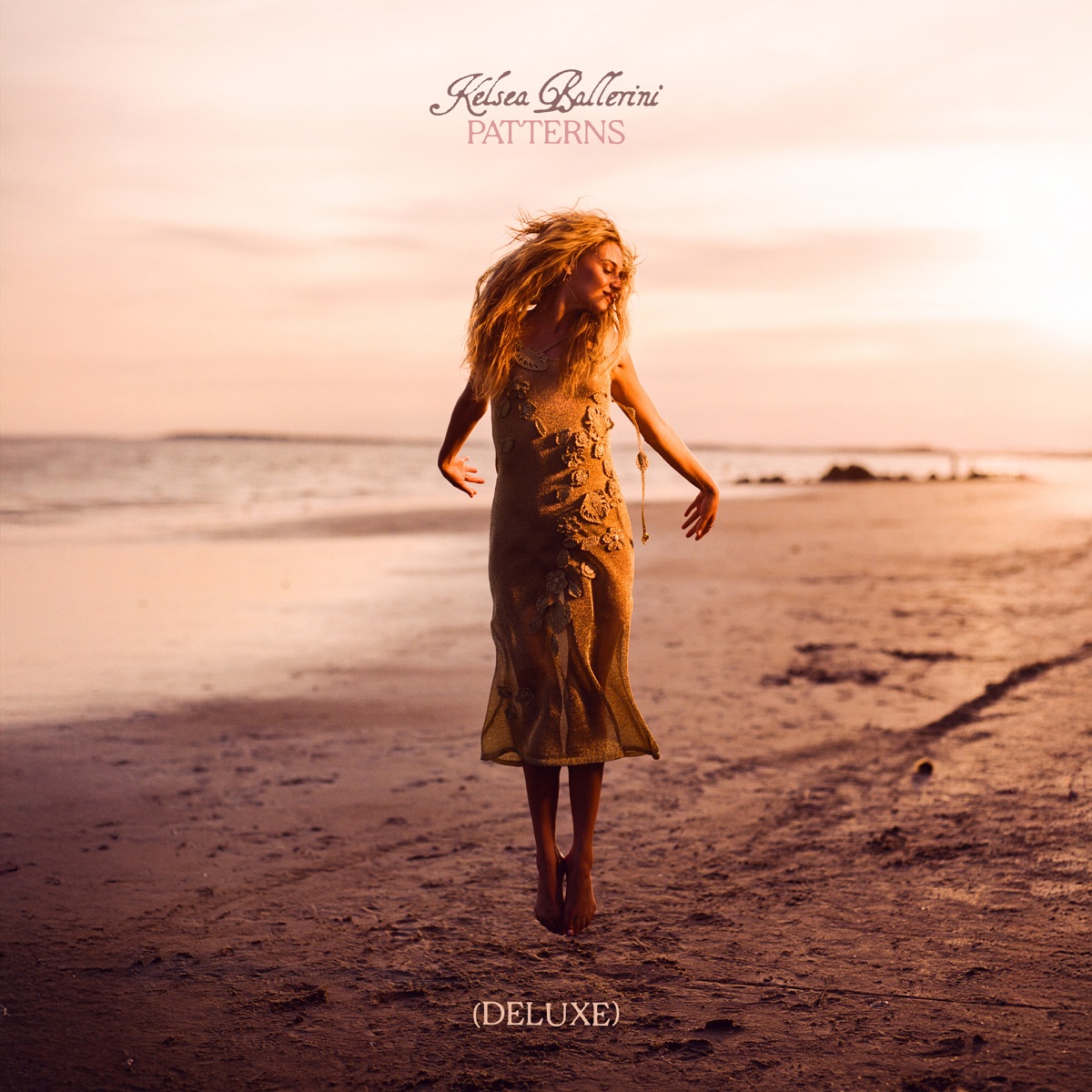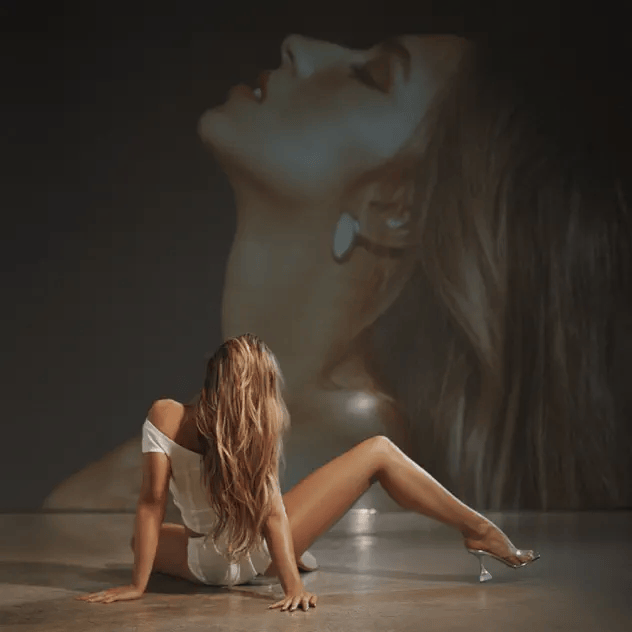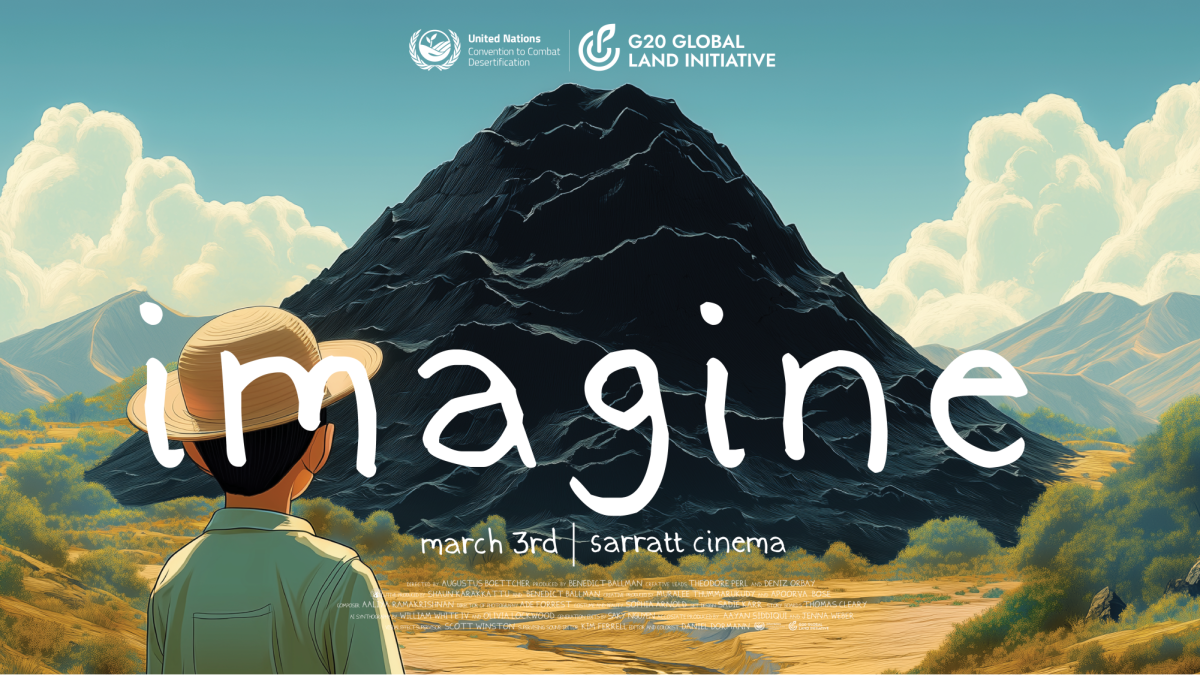It’s been three years since the release of Bazzi’s last album “Soul Searching,” and it looks like the artist has finally taken some time for introspection and self-discovery, gifting us with a new set of hits in the process. “Infinite Dream” is a raw look into Bazzi’s musical diary, a complete cards-on-the-table move he’s not afraid to make.
The album opens with a short song that sets the scene for the story that follows: “And I can fly in my infinite dream / Where nothing’s ever as it seems.” When these lines are repeated, they modulate into a higher key, as if Bazzi is quite literally ascending to a different level of consciousness and taking us along for the ride.
We all know Bazzi loves his acronyms, which evidently hasn’t changed in the last three years. The second song on the album, “SYVM” (“Say You Want Me”), and the 10th, “dlma</3” (“Don’t Leave Me Alone”) demonstrate this habit. The R&B-style tunes emphasize Bazzi’s attachment to others and his willingness to follow them anywhere.
“Heaven,” one of the album’s six pre-released singles, returns to the dream theme with an easy beat that makes you feel like everything is okay in the world. In the next track, “Little Miss Sunshine,” we see a definite lyrical contradiction to the previous song. While Bazzi wrote that he wasn’t pretending to be someone else in “Heaven,” he sang in “Little Miss Sunshine” about his fear that the woman to whom he’s speaking would see his true self. This confession is a testament to the human fear of baring one’s true self to another person, a feeling that Bazzi overcomes with the release of this album.
Some people describe love as a drug, something you use to get a rush and temporarily boost your mental state. But it’s not the only “drug” Bazzi addresses on this album. In the past, he has been upfront with the press and his fans about his worsening drug and alcohol problems during the pandemic. This aspect of his personal life has weaved its way into both his earlier releases and this most recent one. In “Uh Oh,” he likens love to a drug by writing that he doesn’t know if the rush he is feeling is from the woman he loves or from the drugs he took. “Staying Up Late” hints at his unhealthy use of drugs and alcohol to distract himself from his complicated love life and jumbled sense of identity. “Human (Cocaine)” is a more straightforward discourse about the human susceptibility to both drug use and the desire to love.
As if love and drugs weren’t difficult enough to pack into a 48-minute album, Bazzi also branches out from his typical pop and R&B sound to create the seventh and eighth tracks of this album. “Lost in the Simulation” is a lighthearted respite from the heavier, deeper tone of the rest of the album, complemented by a swung rhythm in the bass guitar part that mimics the equally carefree “wim-o-weh” that opens “The Lion Sleeps Tonight” from “The Lion King.” The bridge of the track is built on a natural, predictable harmony as simple and enjoyable as the song itself. Bazzi continues to experiment with his style in “Only Fan,” which is reminiscent of 2010-era electronic music.
Later in the album, Bazzi makes his way back to his familiar smooth, easy melodies. “Bird” reconnects with the idea of ascending—but not in the way you would expect. Having the wings of a bird is usually associated with the ability to soar above the clouds, but Bazzi seems to be burdened by the weight of his wings, trapped somewhere he doesn’t want to be. His dreams, memories and fantasies allow him to escape that place, as we hear in the groovy “Miss America,” the nostalgic “Will It Ever Feel The Same?” and the manipulative “I Like That.”
The 2020 single “Young & Alive” makes a comeback as one of the last tracks on the album, a choice I like to think Bazzi made to bring himself back down to Earth and stay true to his roots. Somehow, the old song fits into the new album, showing that, deep down, Bazzi is still the same person he was when he first released the hit.
The final track on the album—“Don’t Leave Me Now”—begins as a pop-infused piano ballad of sorts, which is unusual for Bazzi, who tends to stick to bass guitar, drums and synthesized sounds as his songs’ background tunes. The piano tugs at the heartstrings of both the singer and the listener, establishing the feeling of not wanting something to end. In the macroscopic sense, this something is the album as a whole; in the microscopic sense, it is Bazzi’s dream. One of the lyrics, “Don’t let the night end,” evokes the image of a memorable night out with friends before you all have to say goodbye. The album ends quietly but firmly on a single note, perfect for a simple “goodbye” to Bazzi’s dream world.









